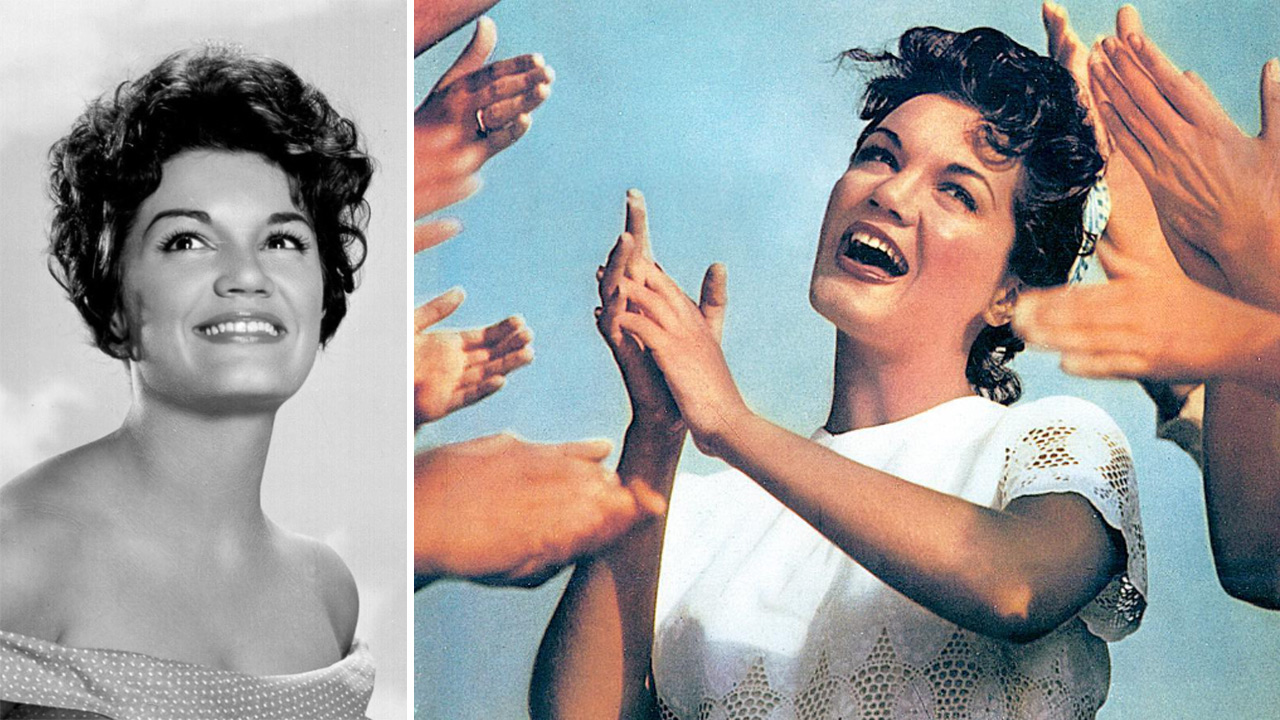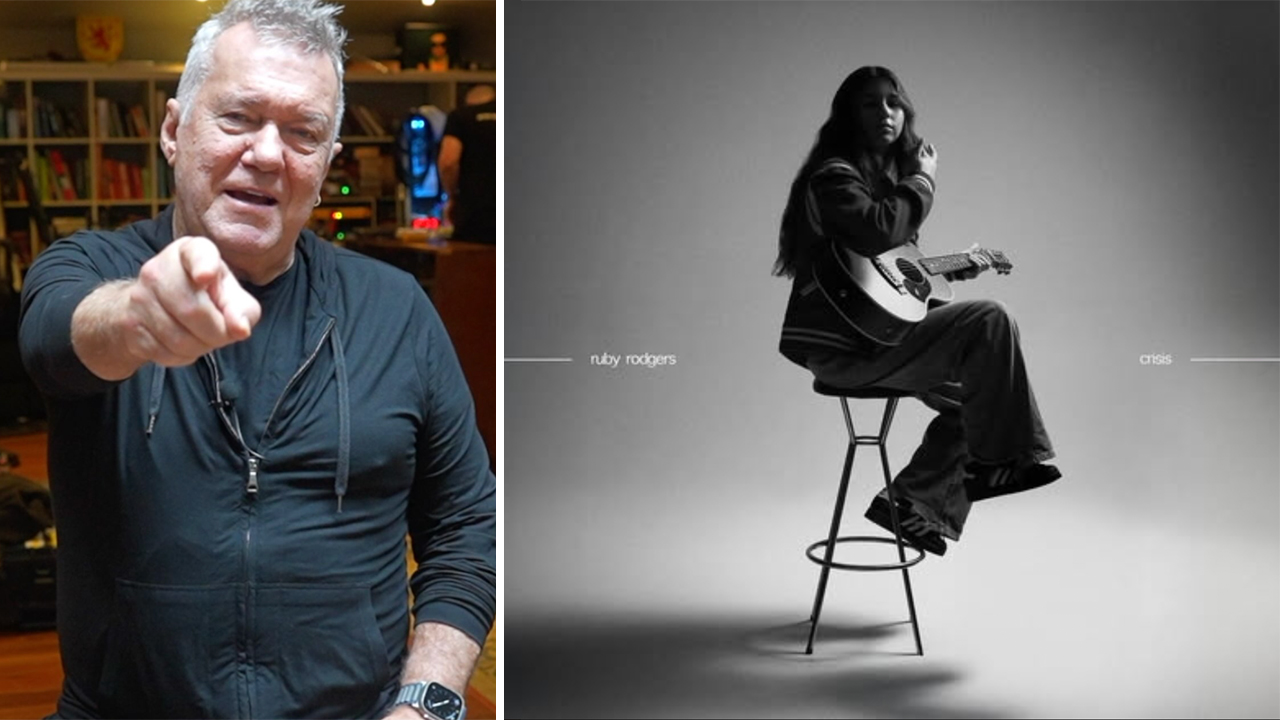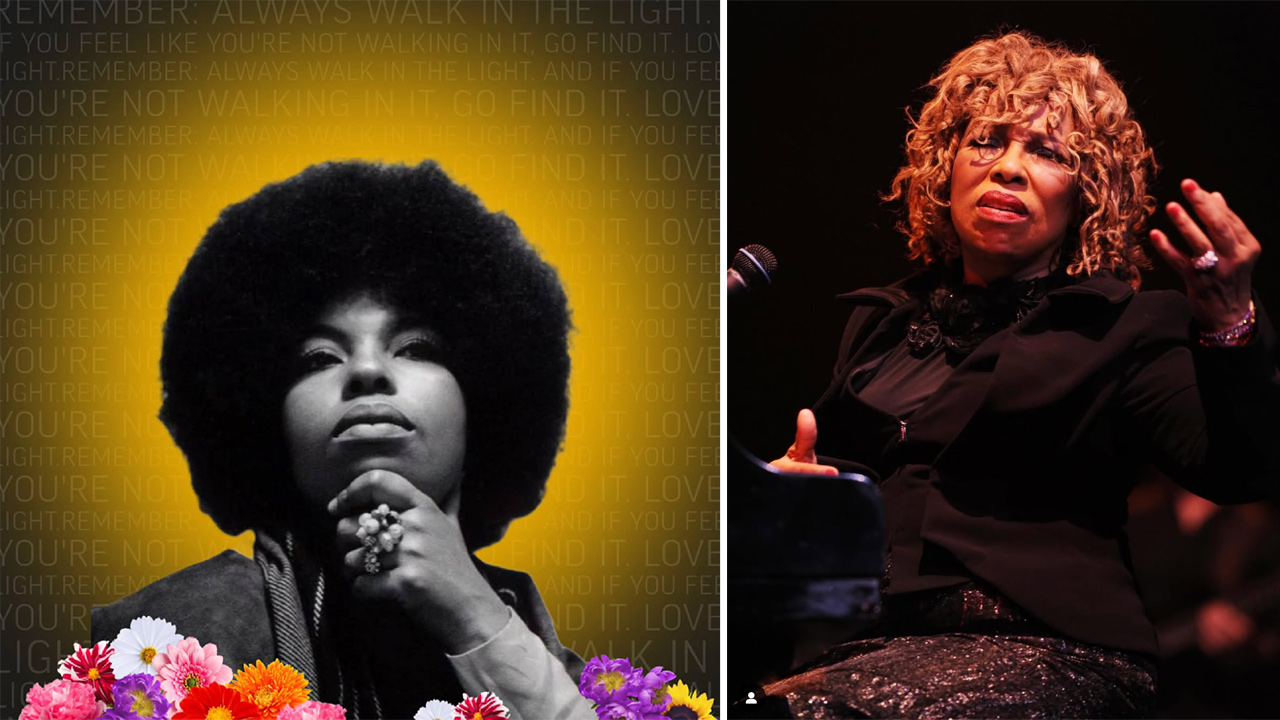Connie Francis, the beloved pop singer whose soaring voice defined the innocence of the 1950s and early ’60s but whose personal life was marked by tragedy and loss, has died at the age of 87.
Her death was announced on Thursday by longtime friend and publicist Ron Roberts, who did not share further details.
Francis rose to stardom with the 1958 hit Who’s Sorry Now, a song that would ironically echo throughout her life. A chart-topping powerhouse during the pre-Beatles era, she captivated audiences with classics like Don’t Break the Heart That Loves You, Stupid Cupid, and The Heart Has a Mind of Its Own. Her sweet, melodic voice crossed borders, as she recorded in multiple languages and became a global star.
Behind the fame, however, lay a deeply painful personal story, one that Francis later summed up as “a regret from A to Z”.
Born Concetta Rosemarie Franconero on December 12, 1937, in Newark, New Jersey, she was a musical prodigy from a young age, pushed into the spotlight by her father, George. By four, she was playing the accordion; by nine, she was appearing on national television.
At 17, Francis signed with MGM Records and found little early success, until Dick Clark played Who’s Sorry Now on American Bandstand, propelling her into the mainstream. Francis credited Clark’s support with saving her career.
She followed with a string of hit singles and starred in films such as Where the Boys Are, becoming a symbol of wholesome Americana. But while the public saw glamour and charm, her private life was unraveling.
A promising romance with fellow teen idol Bobby Darin was cut short when her father allegedly confronted Darin with a gun, forbidding the relationship. It would be the first of many heartbreaks.
In 1974, Francis survived a brutal sexual assault at knifepoint in a hotel room in New York. Her attacker was never caught. The trauma, she said, destroyed her marriage and sent her into years of emotional distress. She later won a lawsuit against the hotel for inadequate security.
The suffering continued: in 1981, her beloved brother George was shot and killed outside his New Jersey home. Not long after, Francis was involuntarily committed to a psychiatric hospital by her father, where she was diagnosed as manic-depressive. She later attempted suicide but survived.
Francis married four times, with only her third husband, Joseph Garzilli, remembered fondly. The others, she said, “weren’t worth the trouble”. None of her marriages lasted more than a year.
Still, she persevered, returning to performing, publishing a memoir and speaking openly about her struggles with mental health.
“I realised I had allowed my father to exert too much influence over me,” she said in 1984, the year her autobiography Who’s Sorry Now? was released.
Though her fame dimmed in later decades, Connie Francis remained an enduring symbol of a bygone musical era – one of strength as much as romance, of triumph through trauma, and of a voice that carried both joy and sorrow in equal measure.
She is survived by a legacy that will long outlive the pain that so often defined her life.
Images: Instagram












